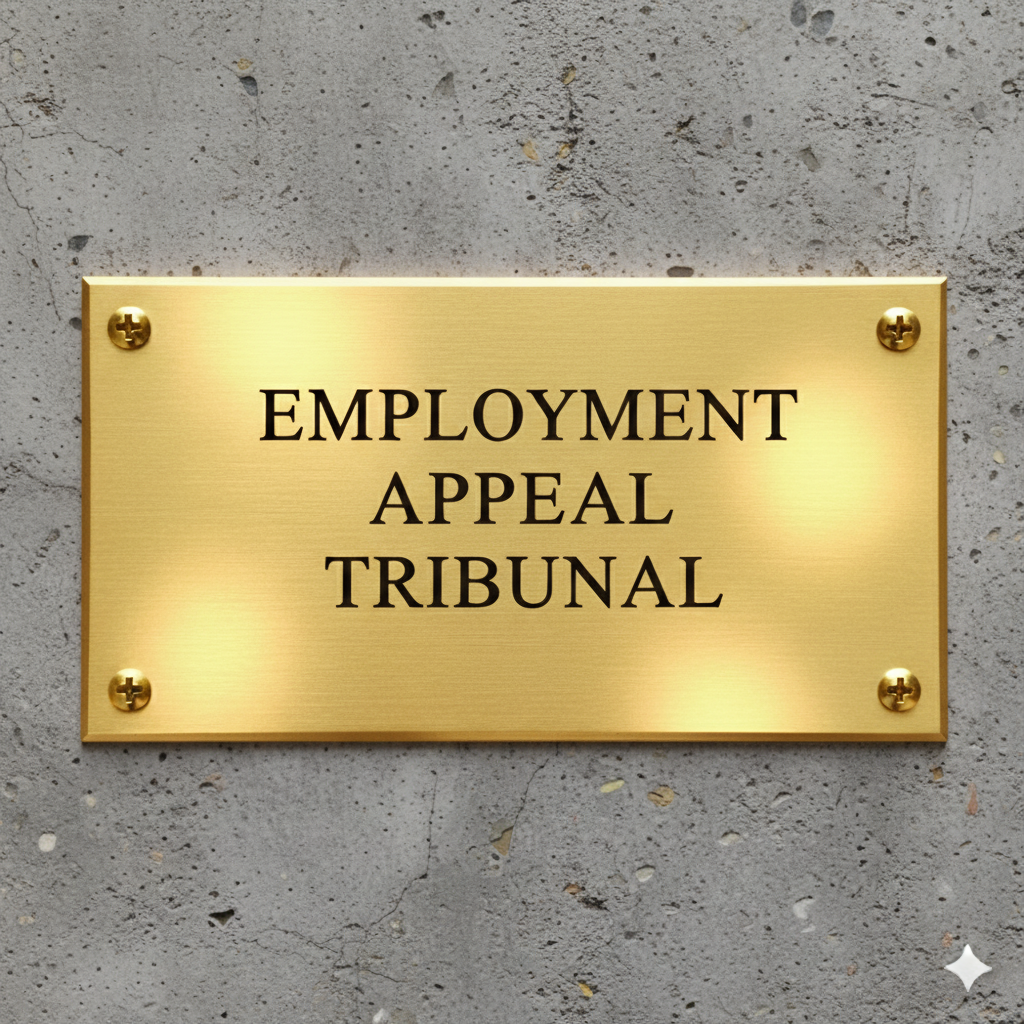Tribunal Dismisses Disability and Belief Discrimination Claim Over Mask Mandate
The Employment Appeal Tribunal has dismissed an appeal concerning a disability and belief discrimination case, focusing on a company's mask mandate during the pandemic.
• public
Mask Policy Doesn't Breach Law, Tribunal Rules
The Employment Appeal Tribunal (EAT) has rejected an appeal from an employee, referred to as AB, against CD Ltd. The case centred around claims of both disability and religious or philosophical belief discrimination stemming from a company policy mandating face masks in the office during the COVID-19 pandemic.
Background: Mask Mandate and Objections
CD Ltd implemented a policy requiring employees to wear face masks while moving around the Ipswich office. AB objected to this policy, citing a history of panic attacks and a profound psychological aversion to face coverings. He argued that being forced to wear a mask violated his philosophical beliefs centered on freedom, dignity, bodily autonomy, and integrity. AB claimed medical exemption but failed to produce a doctor's note. His lawsuit alleged discrimination as a result of the policy, leading to a hearing before the Employment Tribunal.
Tribunal's Initial Ruling
The Employment Tribunal dismissed AB's claims, finding insufficient evidence of a disability as defined by the Equality Act 2010. They noted AB hadn't taken medication for panic attacks since 2013 and failed to provide medical evidence supporting the alleged psychological aversion. Regarding the philosophical belief, the Tribunal found it lacked sufficient cogency and cohesion under the Grainger criteria, particularly due to its association with unsubstantiated claims about masks and slavery. The Tribunal also noted the absence of disparate treatment or group disadvantage.
Appeal Dismissed: No Error in Original Ruling
The EAT, presided over by The Honourable Mr Justice Choudhury, upheld the Tribunal's decision. The EAT agreed that the Tribunal had not erred in concluding that AB failed to establish the existence of an impairment constituting a disability under the Equality Act 2010. The EAT also noted the Tribunal was right to seek medical evidence. The EAT also supported the earlier judgement that there was no wrong doing regarding direct or indirect discrimination.
Key Legal Points
- Disability Definition: Establishing a disability under the Equality Act 2010 requires evidence of a physical or mental impairment with a substantial and long-term adverse effect on day-to-day activities.
- Philosophical Belief: To be protected under the Equality Act 2010, a belief must be genuinely held, relate to a weighty aspect of human life, attain a level of cogency and cohesion, and be worthy of respect in a democratic society.
- Indirect Discrimination: Establishing indirect discrimination requires demonstrating that a provision, criterion, or practice puts those sharing a protected characteristic at a particular disadvantage.
This case underscores the importance of providing adequate evidence to support claims of disability and discrimination. It also highlights the stringent requirements for a belief to qualify as a protected philosophical belief under UK law.
Read the entire judgement here: AB v CD Ltd [2025] EAT 73
